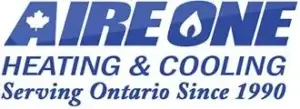How Smart Thermostats Enhance Heat Pump Performance
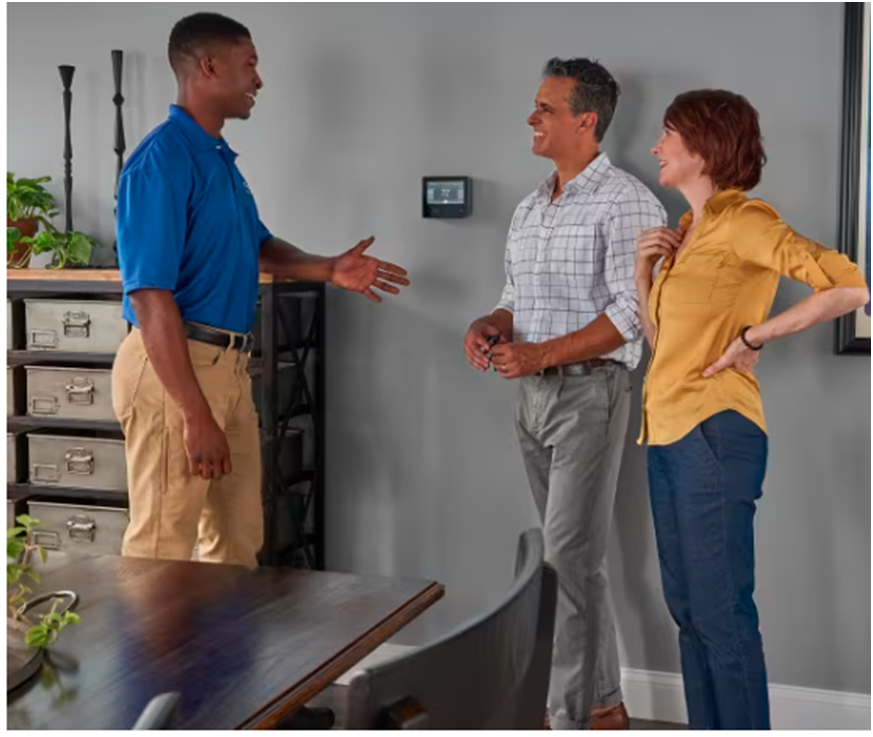
In the modern era of eco-friendly home solutions, the combination of a heat pump and a smart thermostat is the game-changer we’ve been waiting for. We see this duo provide homeowners with great results frequently at Aire One Peel Heating & Cooling. If you care about ideal comfort, energy savings, and the longevity of your […]
Eco-Friendly Heating: How Heat Pumps Reduce Your Carbon Footprint
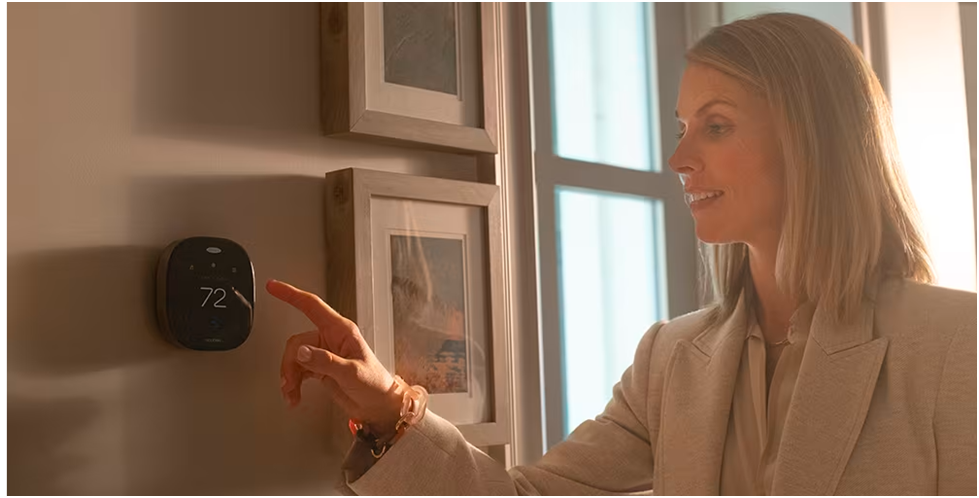
Homeowners are increasingly interested in green heating and cooling solutions as the world focuses on developing more sustainable energy generation methods. One of the most potent weapons in this green revolution is the heat pump. They’re also a far cleaner and greener alternative to burning fossil fuels for heat, which can help you lower your […]
How to Choose the Perfect Heat Pump for Your Home
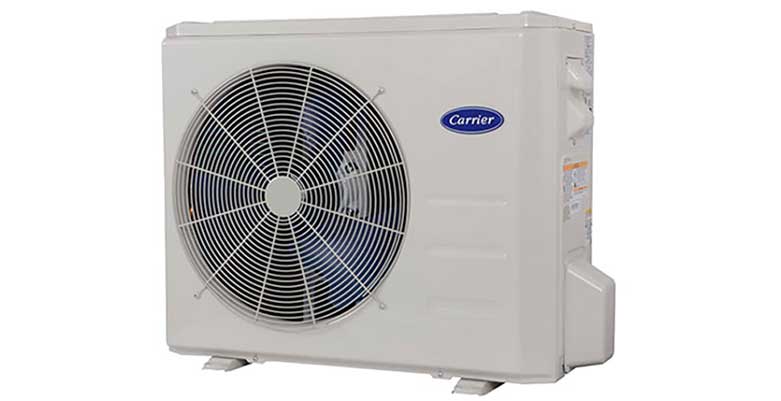
Selecting the best heat pump for your home can prove quite a challenge due to the wide variety of options available. A heat pump serves as a flexible solution for both heating and cooling needs capable of operating in both directions. Here, we break down the steps to help you choose the heat pump that’s […]
Winterizing Your Heat Pump: Tips for Cold Weather Performance

Prepare your heat pump for the winter chill to ensure a comfortable and energy-efficient home. Discover essential tips for winterizing your heat pump in this blog, brought to you by Aire One Peel Heating & Cooling. Clean and Inspect Outdoor Unit: Before the winter weather hits, it’s crucial to clean and inspect the outdoor unit […]
Overcoming Winter Challenges: How Heat Pumps Perform in Cold Climates
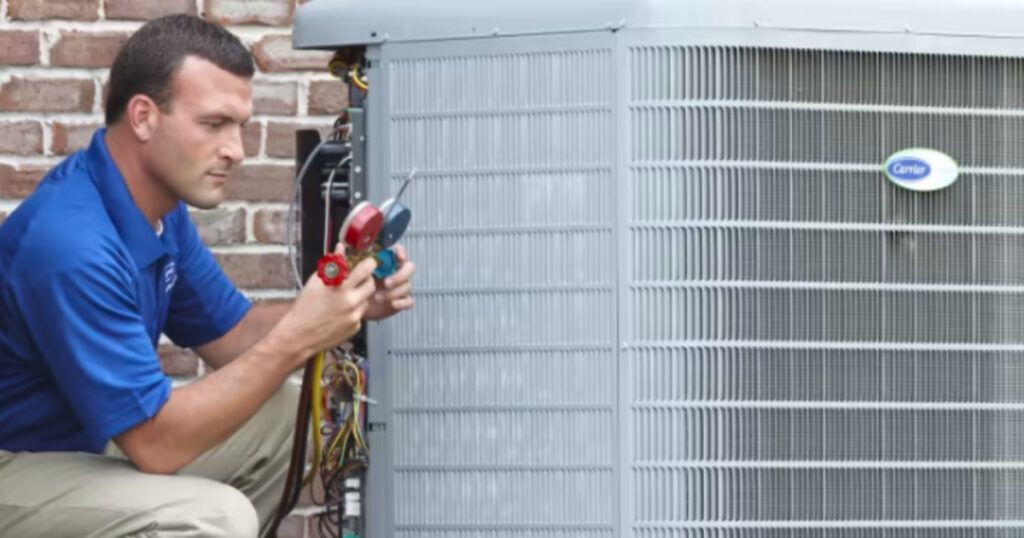
The challenges are daunting when it comes to heating in cold climates. But what if we told you technology is, in fact, stepping up? Heat pumps, long considered best suited for milder climates, are proving themselves in cold climates. In this blog, we discuss how heat pumps are beating winter, making sure your homes are […]
Ductless Mini-Split Heat Pumps: A Space-Saving Heating and Cooling Solution
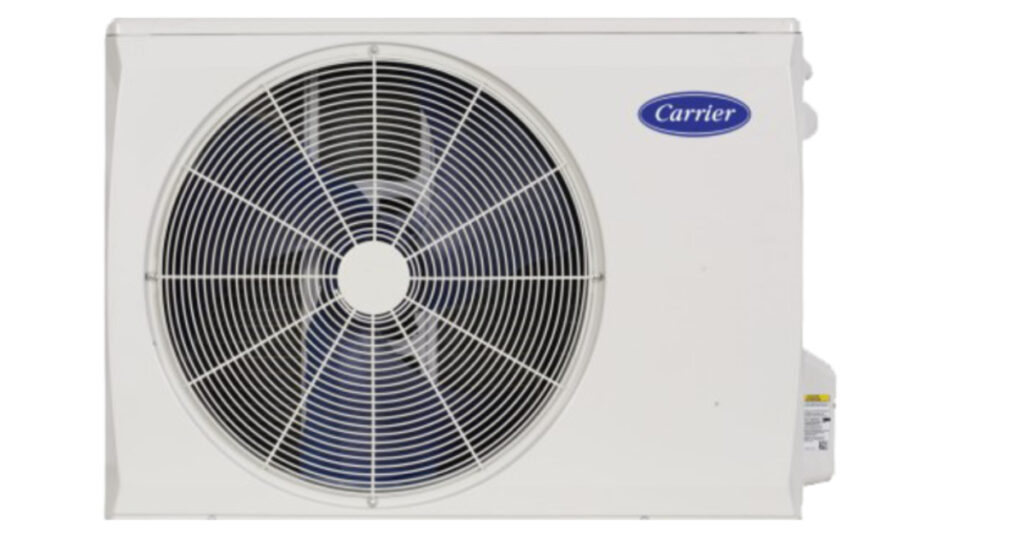
When it comes to versatile and energy-efficient HVAC solutions, ductless mini-split heat pumps are becoming increasingly popular—and for good reason. They are a space-saving and energy-efficient solution to heat and cool your home. In this blog post, we’ll dive into the world of ductless mini-split heat pumps, discussing their space-saving benefits and how they could […]
Overcoming Common Misconceptions About Heat Pumps

Heat pumps have become increasingly popular due to their energy-efficient and versatile heating and cooling capabilities for home use. However, there are few myths that discourage homeowners from adapting to this technology. In this blog, we at Aire One Peel will clarify these misconceptions and provide you with the right information to help you determine […]
Heat Pumps and Home Value: How They Impact Property Resale
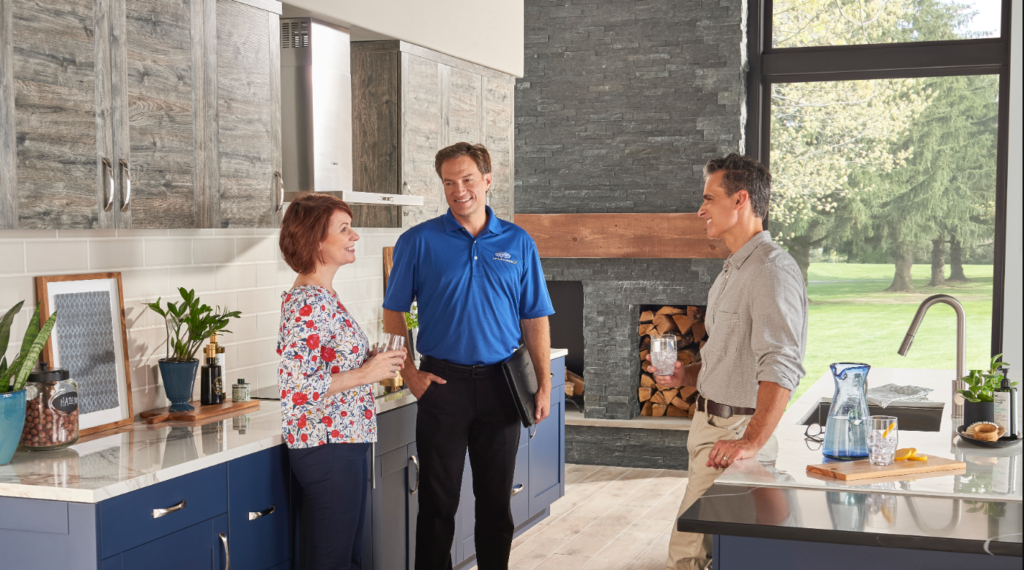
Property value is one of the most important consideration for home buyers and sellers when it comes to buying or selling a home. As homeowners look for ways to improve their homes’ appeal and increase their investment value, energy-efficient and eco-friendly solutions are on the rise. In this Aire One Peel blog we take a […]
The Benefits of Heat Pumps: Why You Should Consider Installing One with Aire One Heating & Cooling
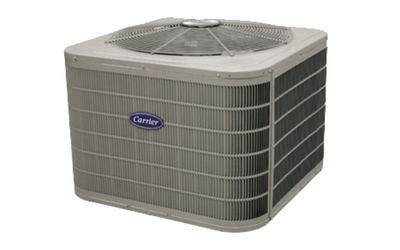
A heat pump is an efficient and cost-effective way to heat and cool your home. Instead of creating heat through combustion as conventional heating systems do, they transfer heat from one space to another. Aire One Heating & Cooling has a variety of heat pump options to choose from, and our experts can assist you […]
What Are the Pros and Cons of Heat Pumps?

A heat pump is a highly energy-efficient system that can heat or cool your home. It moves warm or cool air from one location to another and is the perfect alternative for Canadian homeowners because they want to save on their utility bills. In this post, we will explore the pros and cons of using […]
